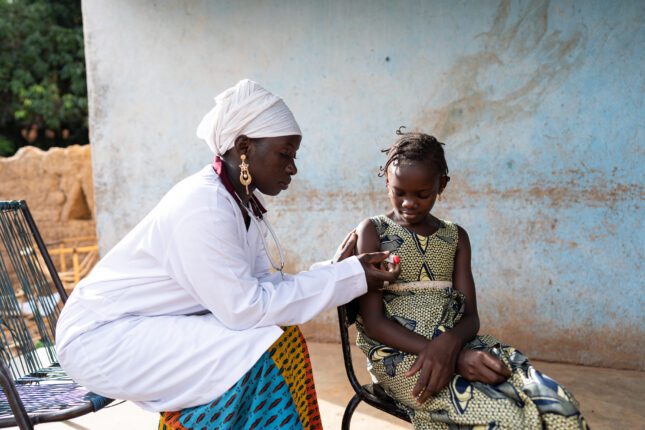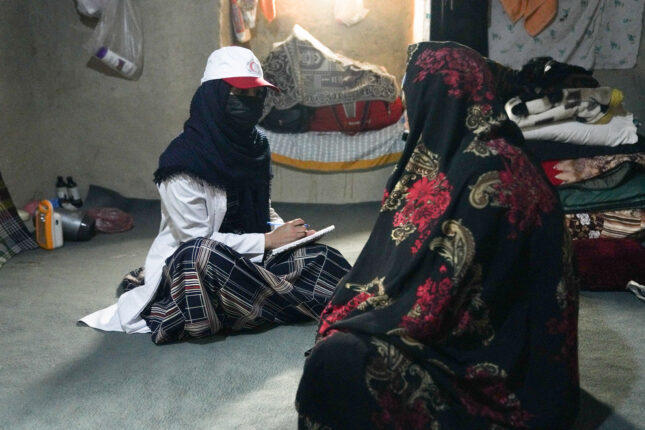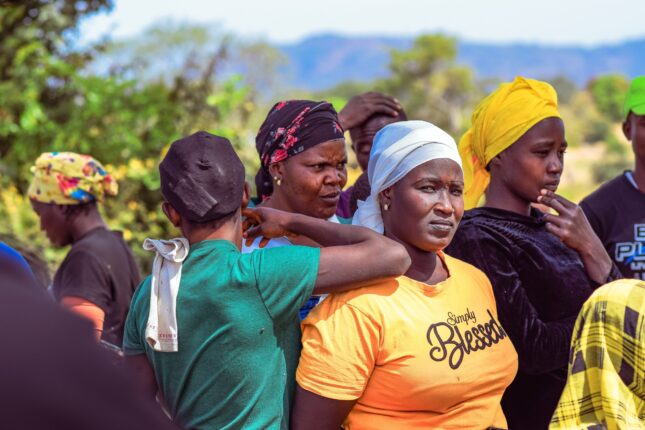-
Environmental Security Weekly Watch: November 3-7, 2025
›A window into what we’re reading at the Stimson Center’s Environmental Security Program
Corruption Stymies Environmental Crime Fight in the Amazon (Mongabay)
In the Andean Republics, rampant systemic judicial corruption has challenged the entire justice system, with judges implicated in both bribery and extortion. Because leadership from judges is essential for the success of reform efforts ranging from anti-corruption campaigns to environmental crime enforcement, the result has been damaging to the entire justice system in the region for more than a decade.
-
Zambian Women Take the Lead in Adapting Food Systems to Climate Change
›Women play vital roles as actors and innovators in food systems worldwide. In many societies, they are the primary food producers, accounting for between 60% and 80% of the national food stock. Women are also deeply engaged in other stages of the food value chain, from processing to consumption. Their multiple roles provide them with specific abilities that strengthen food systems during times of crisis.
-
Addressing Africans’ Top Concerns Means Advancing Women’s Rights
›October 29, 2025 // By Claire DoyleFrom Kenya to Morocco to Madagascar, waves of protest have erupted across Africa. Africans—and especially young Africans—have grown increasingly frustrated with a lack of economic opportunities.
So, it is no surprise that when Afrobarometer, a pan-African, non-partisan survey research organization, asked people across 39 African countries which issues they think their governments should prioritize, people ranked unemployment as the top policy priority.
-
How Solar Powered Water Pumps in Pakistan Also Empower Women and Girls
›Dot-Mom // Guest Contributor // March 12, 2025 // By Faiza Rab, Natalie Jette, Uroosa Khatti, Manzoor Ali, Jam Singh & Salim Sohani
In the arid expanse of Tharparkar region of Sindh, Pakistan, the land is parched, and the desert stretches endlessly. Scarcity defines existence, and shapes every facet of daily life. Over 80% of the population this semi-arid region of the Thar Desert lacks access to safe drinking water, and poor sanitation heightens the risk of health crises.
-
Afghanistan Widows: The Silent Struggle of Women-Headed Households
›Dot-Mom // Guest Contributor // February 19, 2025 // By Massoma Jafari, Ijia Ormel, Faiza Rab, Basnama Ayaz, Carla Taylor & Salim Sohani
Close your eyes for a moment. Now imagine stepping back in time to an era when women in Western countries had no rights, no security, and no voice.
Now open your eyes again. In our own moment, millions of Afghan women—and in particular widows—live in just such a moment. This reality has never changed for them, and, in fact it has only worsened. Afghanistan remains one of the most repressive places in the world to be a woman: education is banned, employment is restricted, and even traveling alone is forbidden.
-
Closing the Women’s Health Gap: Research, Investment, and Eliminating Inequities
›
“The longstanding underrepresentation or exclusion of women in clinical trials and the continued need to understand sex as a biological variable have resulted in still knowing too little about how to effectively prevent, diagnose, and treat a range of health conditions in women,” said Dr. Carolyn M. Mazure, former Chair of the White House Initiative on Women’s Health Research in her keynote address at a recent Wilson Center event: Bridging the Gap in Women’s Health Research. The event was held in partnership with EMD Serono, the healthcare business of Merck KGaA, Darmstadt, Germany, as the first-ever Women’s Health Research Summit at the Wilson Center.
-
Conflict in Sudan: Widespread Sexual Violence
›
This article originally appeared on Enheduanna, a blog of the Wilson Center’s Middle East Women’s Initiative.
Only a few years ago, the world celebrated the women-led revolution in Sudan that ousted the former dictator Omer El-Basher after 30 years in power. Women were fed up with his government. Those who used to live in the urban areas experienced the humiliating public order laws: they were arrested and flogged for wearing trousers or walking around with no headscarves.
-
Rethinking Peacebuilding in Northeastern Nigeria
›
In October 2024, women from countries across the globe converged on New York for the United Nations Security Council’s annual open debate on Women, Peace and Security (WPS).
In Nigeria, however, thousands of women and girls were sighing in despair. Many of them were thinking about where they might find their next meal. A humanitarian crisis in Nigeria’s northeast region remains critical, and people living there are in dire need of food, clothing and shelter.
Showing posts from category gender.












